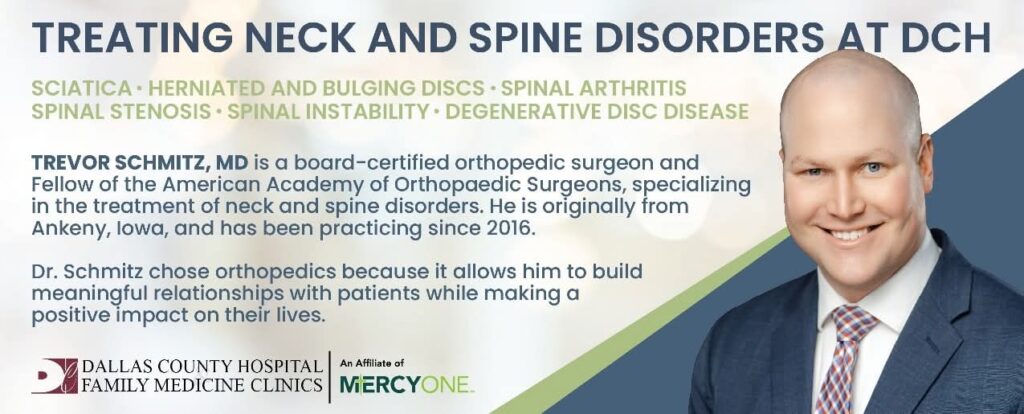
The Rev. Lou Hoger stopped by the Hotel Pattee for the Tuesday noon luncheon meeting of the Perry Kiwanis to discuss both the Perry Area Food Pantry and his role as a volunteer counselor in the Iowa Senior Health Insurance Information Program (SHIIP).
Hoger started his presentation by discussing the recent move of the Food Pantry. As the program’s site coordinator, Hoger said the Food Pantry for years shared space with New Opportunities Dallas County Family Development Center at the Crossroads Church in north Perry.
New Opportunities recently moved to Second Street in downtown Perry, and there was not enough room in the new quarters for the Food Pantry,which Hoger said would otherwise have been the most desirable choice.
With the need for a new site, Hoger said he started scouting around for possible spaces and with the help of the Rowley Memorial Masonic Community, they were able to find a new home. At first they thought it would be possible to occupy space in the original facility, which is now vacant, but this idea did not work out, Hoger said.
Then it was discovered an unused apartment stands behind the complex. This originally was the home of the facility administrator, who once would have lived on site. This space now is vacant, and Hoger said the Perry Area Food Pantry will now use this 32′ x 32′ brick building for free.
“It is a way for the facility to give back to the public, and we greatly appreciate the Rowley’s generosity toward the food pantry,” Hoger said. “The public will access through the front entrance of the facility.”
Hoger said the Perry Area Food Pantry will be staffed by volunteers and open two half-days per week. He said they are looking for volunteers to help with the Food Pantry.
Hoger then put on a different hat and turned to his role as the area SHIIP coordinator, with an office in the Dallas County Hospital. In this role, Hoger assists and advises on issues having to do with Medicare.
There is Medicare A, for instance, which partially covers hospitalization and skilled rehab, Medicare B, which partially covers physician visits, Medicare C or Advantage Plans, which combine all facets of Medicare through a private insurance and in many times provide less coverage, and Medicare D, which covers drugs and other medications.
There are also Medicare supplement plans that are obtained through private insurance and cover the portion of costs not covered by the Medicare A, B and C plans.
Medicare is for people over the age of 65 or on disability.
Everyone 65 or older who is on Social Security has Medicare A at no extra cost. You also have the option of enrolling in Medicare B and D, the costs of which are usually deducted from your Social Security payment.
If you do not sign up through the grace period around your 65th birthday, you cannot sign up for these plans but have to wait for the open enrollment period, which is currently Nov. 15 to Dec. 7. You then pay a penalty based on how many months you could have been on the Medicare plans and were not.
Medicare A and B was passed into existence in 1965, during the Lyndon Johnson administration and was made available to the public a year later.
Medicare D came into existence in 2006, during the George W. Bush Presidency. It was politically controversial at the time of its introduction.
Hoger stressed the importance of reviewing your Medicare D plan each year during the open enrollment. If you have signed up for a Medicare D plan, then each year you can change plans with no penalty during the annual open enrollment period. You are locked in after that time.
Hoger said each year different drugs go on and off the formulary for each insurance company. Companies change what they cover and also the agreements that they have with drug manufacturers and pharmacies. The cost of each plan is based on what drugs you are using and the various agreements that the insurance companies have, he said.
You can get a list of options from your pharmacist, but it is only going to show you the plans that their company network participates in. Hoger said he can show you all of your options if you visit his office at the DCH.
By comparing companies and the best option, you could save hundreds or thousands of dollars in costs, he said.
Hoger also said that if you are under the age of 65 and on disability, it is difficult to find Medicare D coverage.
Consumers must also watch out for the coverage gap referred to as the Donut Hole, Hoger said. Many plans have a provision that they cover all or parts of drug costs up to a certain limit. Then they cover nothing until the amount of costs goes to another level. The consumer pays all costs for the coverage gap, up to the point where the plan again covers the amount in excess of the gap.
Hoger said some plans do not have this provision, which is another factor one needs to consider when reviewing and choosing a drug plan.
Hoger invited everyone with questions about Medicare, Medicare Supplement Insurance and the various coverage plans to contact him for an appointment. His number is 515-465-7578.
















